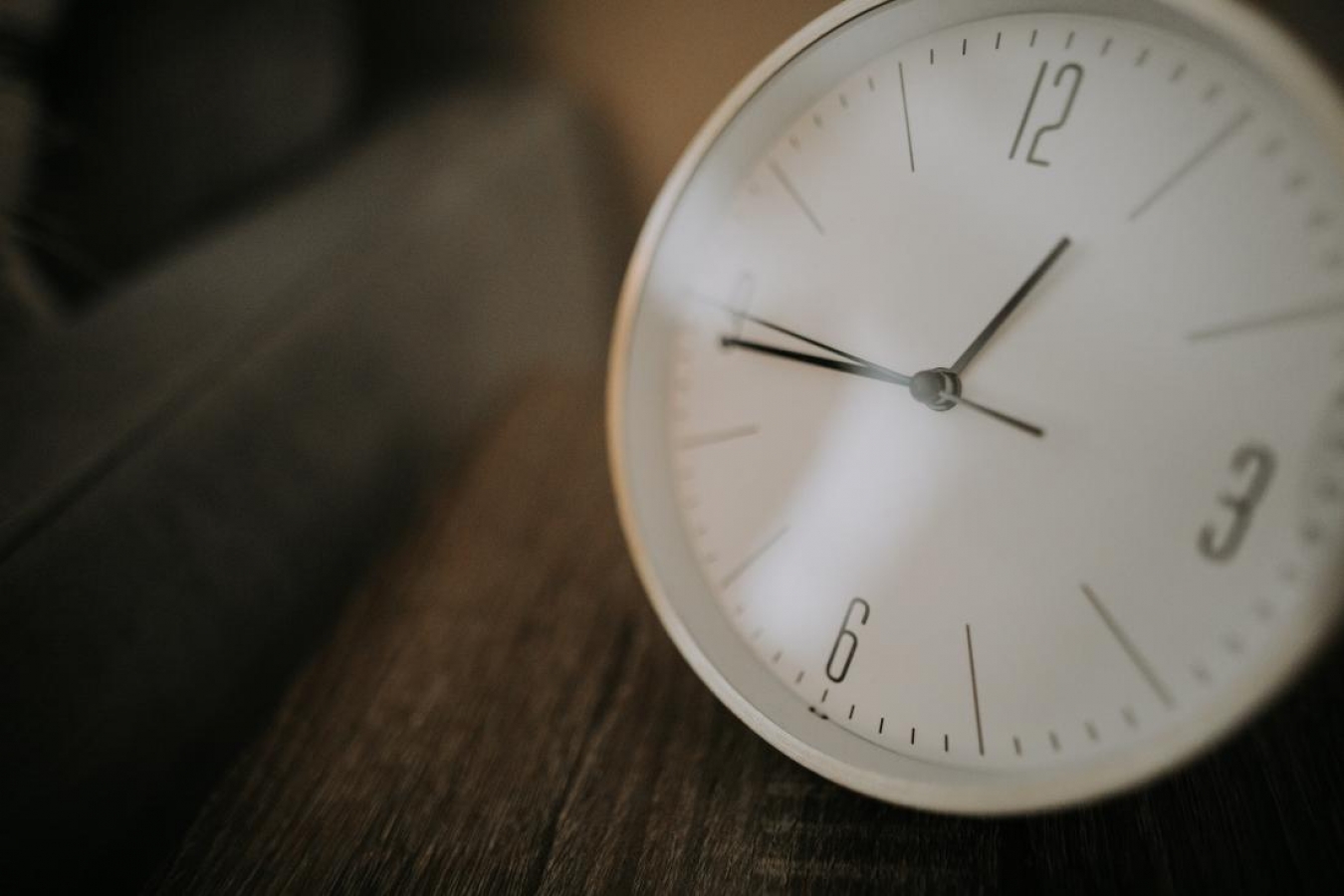


 6:50:17
6:50:17  2019-09-25
2019-09-25  1133
1133

New research in mice has found that the immune system does not respond equally well at different times of the day. This suggests that the body clock may influence mechanisms related to immunity.
Circadian rhythms, which people commonly refer to as "body clocks," are the body's automatic means of adjusting biological mechanisms, such as hunger and the need for sleep, according to natural rhythms, such as the day-night cycle.
Body clocks also regulate other "self-drive" mechanisms, including breathing, heartbeat, and body temperature.
Researchers already know that circadian rhythms influence many different aspects of our internal mechanisms. However, they do not yet know the full extent to which these "clocks" help determine our well-being.
Circadian rhythms are common to all mammals. So, a team of investigators from the Douglas Mental Health University Institute and the Université de Montréal in Canada studied mice to find out whether body clocks can affect how well the immune response works.
Through their study, the scientists found that the CD8 T immune cells that the body uses to fight off infections and cancer tumors work with various degrees of efficiency at different times of the day. The research team reports these findings in PNAS.
Time of day affects T cell response
The researchers worked with two groups of mice. They genetically engineered the first group by switching off specific genes that regulate circadian rhythms and left the genes naturally active in the second group.
The team administered a vaccine to rodents from both these groups to trigger an immune response.
"Using a mouse vaccine model, we observed that after vaccination, the strength of the CD8 T cell response varied according to the time of day," says one of the study authors, Prof. Nicolas Cermakian.
"Conversely, in mice whose CD8 T cells were deficient for the clock gene, this circadian rhythm was abolished, and response to the vaccine was diminished in the daytime," Prof. Cermakian continues.
Earlier studies had already hinted that the time of day might influence the proliferation of immune cells, including T cells. However, it had remained unclear whether this came as a result of circadian rhythm interference or not.
By working with both genetically engineered mice and regular mice, the researchers were able to establish that body clocks do play a role in modulating the effectiveness of immune responses. However, the pathway through which this happens remains a mystery.
"Our study shows that T cells are more prone to be activated at certain times of the day. Identifying the mechanisms through which the biological clock modulates the T cell response will help us better understand the processes that regulate optimal T cell responses." Co-author Prof. Nathalie Labrecque
"This knowledge will contribute to improving vaccination strategies and cancer immune therapies," Prof. Labrecque notes.
This study and its successors, the researchers write in their paper, could allow scientists to develop a vaccination approach that will take into account the time of day to maximize the vaccine's potency.
Source: Medical News Today
Reality Of Islam |
|

A newly dev

Get ready f

Researchers

A new metas
 9:3:43
9:3:43
 2018-11-05
2018-11-05
10 benefits of Marriage in Islam
 7:5:22
7:5:22
 2019-04-08
2019-04-08
benefits of reciting surat yunus, hud &
 9:45:7
9:45:7
 2018-12-24
2018-12-24
advantages & disadvantages of divorce
 11:35:12
11:35:12
 2018-06-10
2018-06-10
 6:0:51
6:0:51
 2018-10-16
2018-10-16
 1:16:44
1:16:44
 2018-05-14
2018-05-14
 11:2:27
11:2:27
 2022-10-06
2022-10-06
 7:26:19
7:26:19
 2022-04-08
2022-04-08
 6:28:21
6:28:21
 2022-12-20
2022-12-20
 2:13:43
2:13:43
 2022-05-27
2022-05-27
 1:38:41
1:38:41
 2021-12-08
2021-12-08
 8:25:12
8:25:12
 2022-03-09
2022-03-09
 5:41:46
5:41:46
 2023-03-18
2023-03-18
| LATEST |